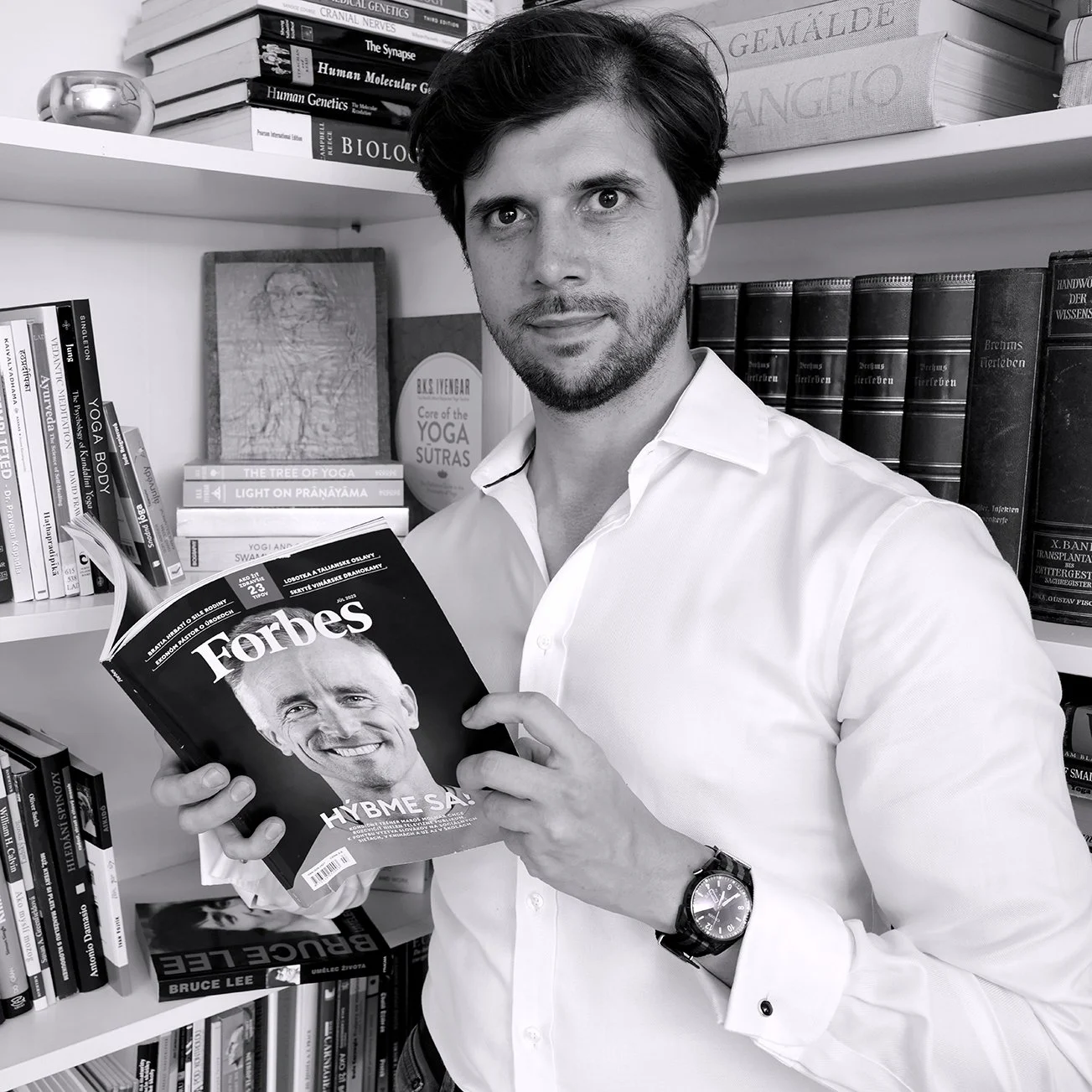AUTHOR
Writing about science is also a bit of a science
Especially if you want your audience to understand your article and take away valuable information from it. It's easy to use complicated terms that you, as a scientist or a specialist, are used to. But it’s harder to explain the terms to readers of lifestyle magazines, high school students, or followers on social media. Once they understand them, you face a second challenge – to engage them enough so that they finish reading the article and talk about it with friends, for example. My dream is to become a science writer. I want to write about science in a way that popularizes it, but without downplaying its results. I try to connect important scientific facts to practical life in an accurate yet engaging way. I don't look at the quantity of my articles, but rather at their quality and the response they produce.
95% of articles don’t get published in Science. Ours did
Quality sleep is very important for our lives. I am fascinated by its research, because it is interwoven with many questions still unanswered. Do not take sleep for granted. Many people have trouble falling asleep. They don't know how to get ready to sleep, or what to do to make their sleep actually good quality and beneficial. What really helps, is meditation. But don't confuse meditation with trance. Think of meditation as a thought-free state. It is a mental silence that helps you improve sleep quality and achieve healthy productivity while awake.
Courses I have taken
2017, Scientific Writing Satellite course, 15th Austrian Neuroscience Association meeting, IST Austria
Scientific writing course in Austria
2014, “Communicating Science” seminar by Boehringer Ingelheim Fonds, Cold Spring Harbor, NY, US.
A week-long course on writing and presenting by scientists and science writers from Nature, Journal of Cell Biology, and other journals
What criteria do researchers need to meet to get their study published in prestigious scientific journals?
"Science is one of the most widely read scientific journals in the world and should be routinely read by every scientist. That is why it is every scientist's dream to publish in Science at least once in their lifetime. Only a few succeed, however, for several reasons. Mainly, it depends on the importance and novelty of the discovery, the quality of the data, and the contribution to all spheres of science, not just the specialized sphere the scientist is an expert in. Furthermore, articles in Science must be written very concisely and use a clear narrative to illustrate the story in a way that even a non-specialist can understand. The article has to convince the editor that it is worthy of noticing. 95 percent of the articles submitted do not pass this step. The article must then pass independent scrutiny by anonymous experts, who may require more experimentation to obtain additional evidence or reject the article. These rounds of review may be repeated several times until the article is accepted or finally rejected. This can take months or years. This helps ensure that the data in articles is more likely to be correct, reproducible, and the story based on it makes sense."
Author: Radka Turoňová, Dobrenoviny.sk, September 17, 2017
I appreciate the media, but I want my own book
Being purposeful and doing everything you can to achieve your dreams does not make you conceited, although some may see it that way. I try to perfect my stylistic and writing skills, whether it's through writing articles or mentoring – yes, when you teach others, you always learn and improve yourself as well. When it comes to writing articles, I enjoy every collaboration. But I would love to publish my own book. In it, I'll write about sleep, meditation, and critical thinking. It will not be a scientific publication. It will be science published in an understandable and easy-to-read way to get the readers excited about science, and take new practical knowledge from it. To take them further in the topics they are interested in and to offer them solutions and guides.
When I don’t write or study, I talk and lecture
For many people, podcasts are like articles that you can listen to. I like them myself. They allow me to express myself more freely on a given topic and to explain it in more depth. If the conversation in a podcast is well-organized, you can quietly wash the dishes and listen about neurogenetic discoveries while you're doing it. I've been fortunate to have good hosts and editors who have helped us finalize our conversations into enjoyable outputs in a variety of forms.
You can watch and listen to them.
Leadership Podcast with Andrea Vadkerti
What kills our brain and what regenerates it? When do you know that you are already beyond your limits? I encourage you to listen to an interesting podcast in which I chatted online with the sought-after mentor and talkshow host Andrea Vadkerti. Her inspirational Leadership Podcast brings interesting insights not only for managers and leaders.
Do you feel like more reading? Tomáš in the media.
Should we stay in touch?
If you need information for your article, podcast or project and you think I might be the one to give it to you, feel free to drop me a line. I actively communicate in Slovak, English and German. I look forward to future editorial collaborations and the new friends I will (hopefully) make through working together.



